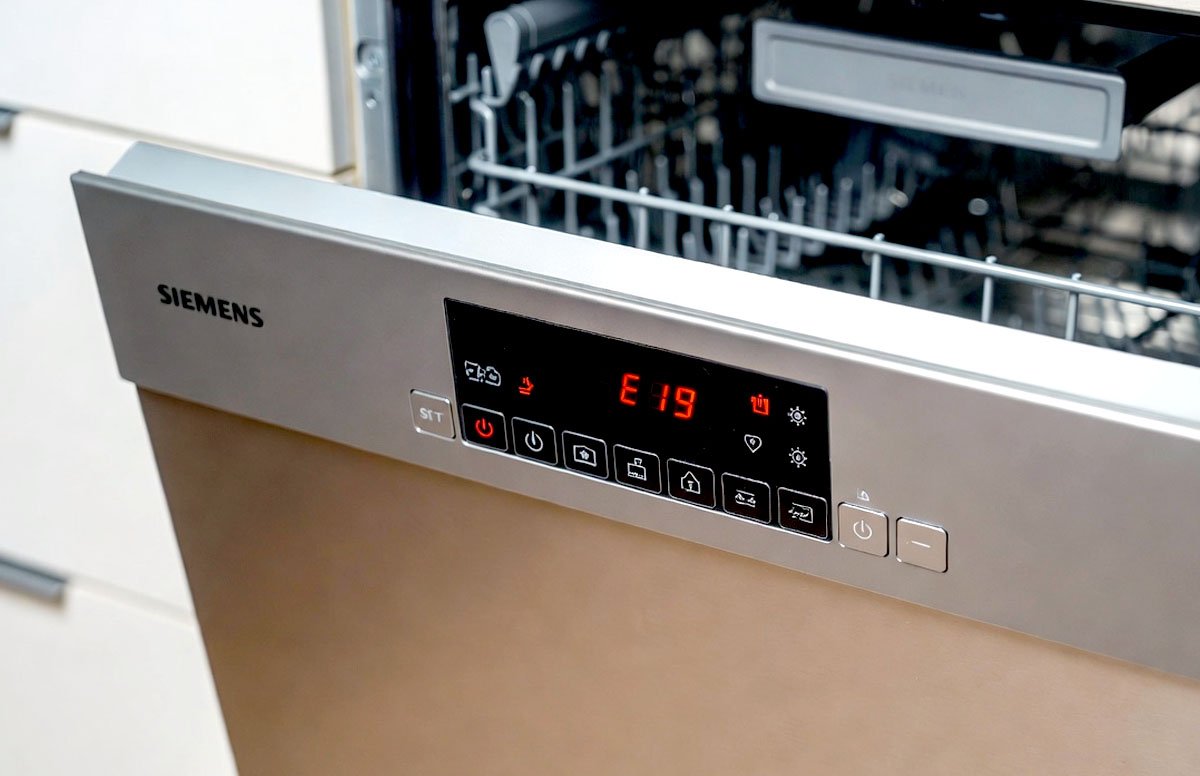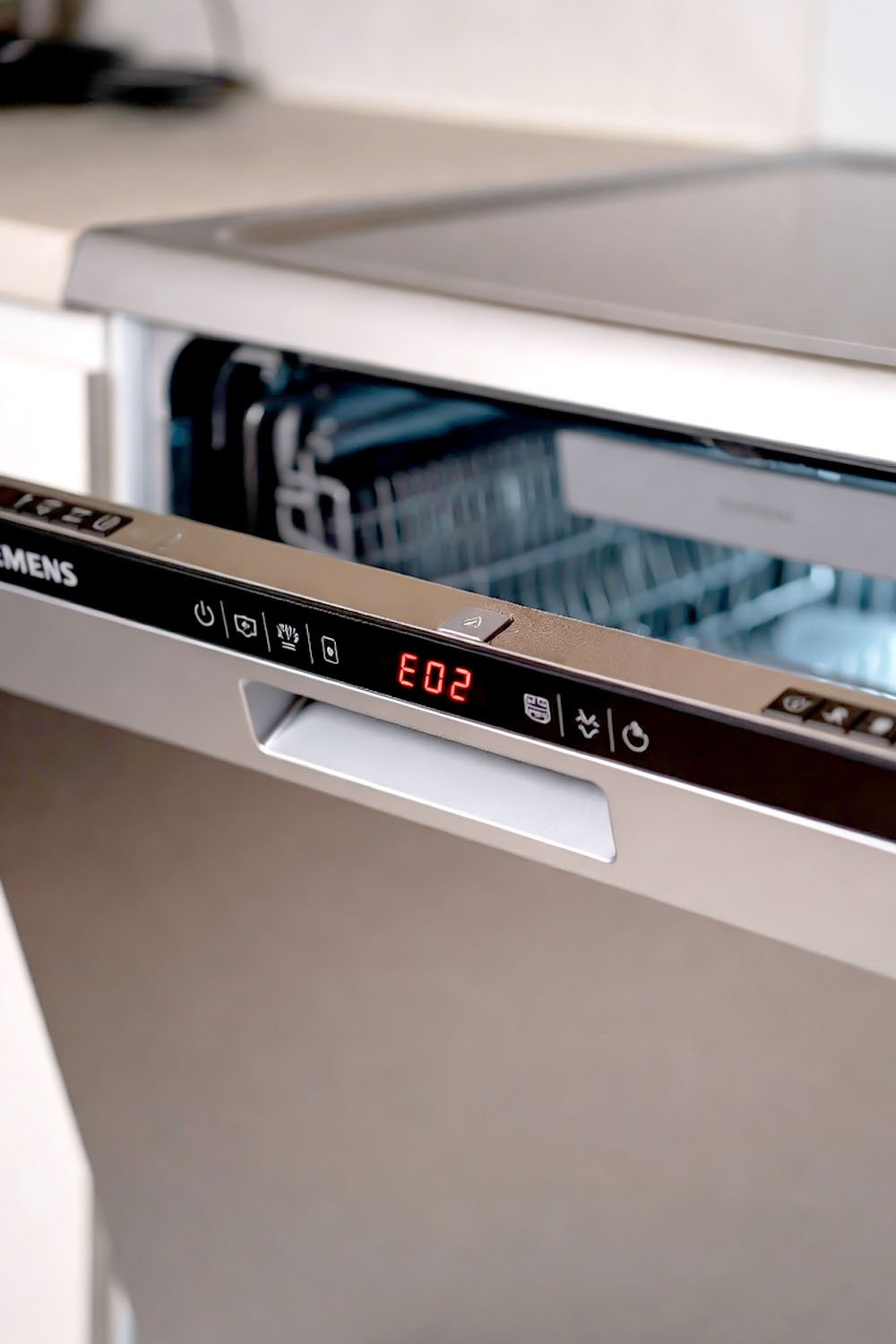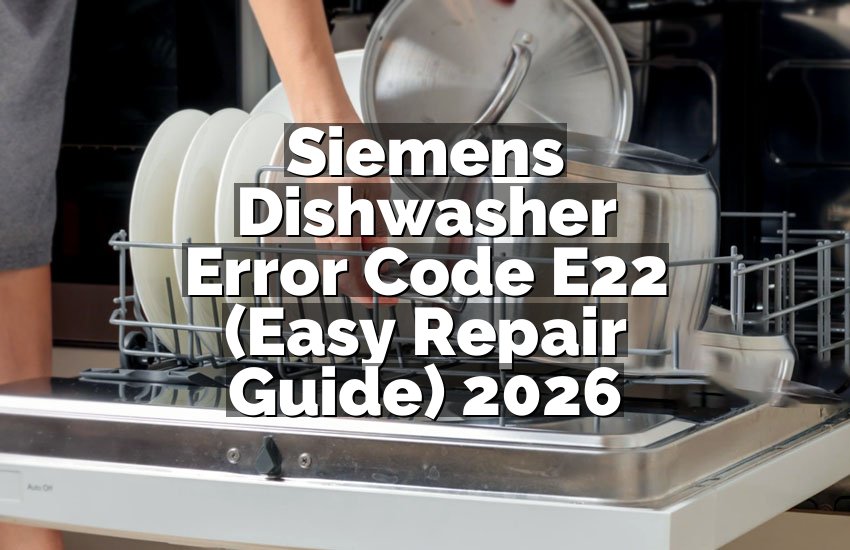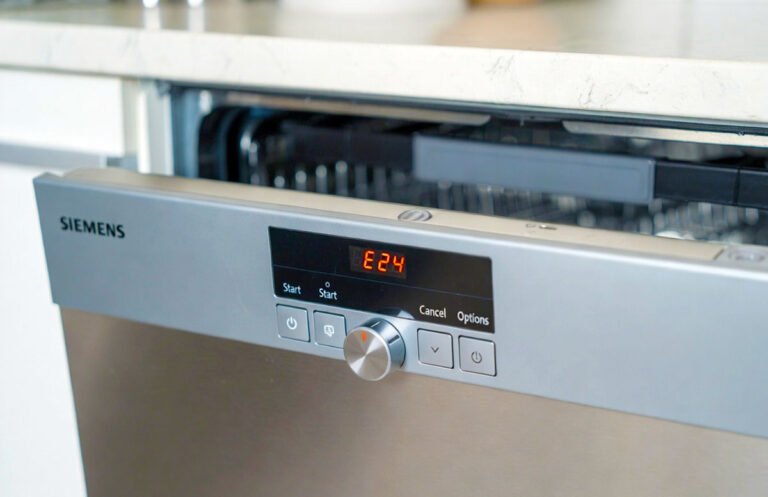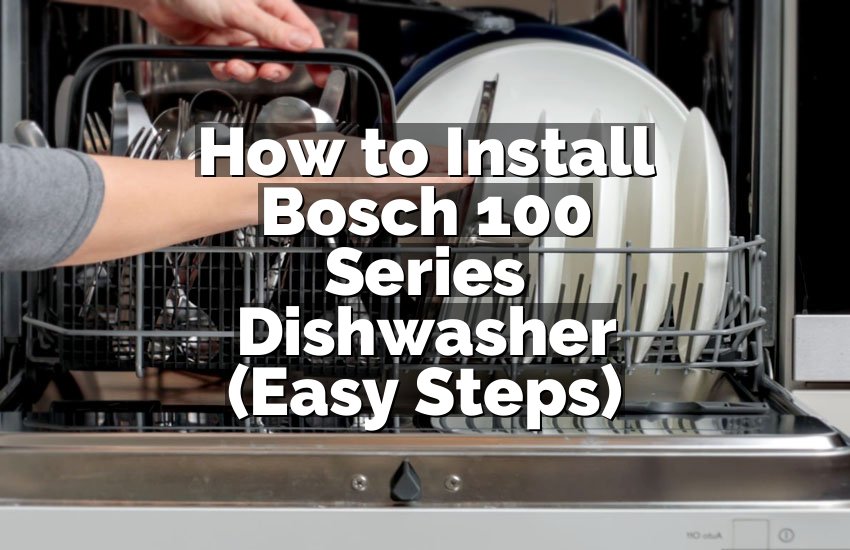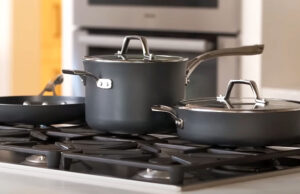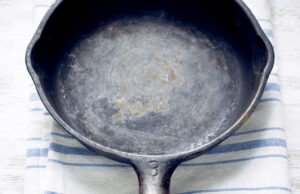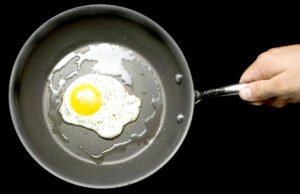As an Amazon Associate, I earn from qualifying purchases at no extra cost to you.
Why is My Brita Filter So Slow? Easy Fixes to Speed It Up Now
You’ve probably noticed your Brita filter is working much slower than before. You fill the pitcher or tap, and the water drips through very slowly. You wonder if it’s broken or if something is wrong. The good news is, a slow Brita filter usually means it needs cleaning, replacing, or checking for common problems. In this article, you will learn why your Brita filter is slow and simple ways to fix it fast so you can enjoy fresh, clean water without waiting forever.
Check If Your Filter Is Old or Clogged
One main reason your Brita filter slows down is because the filter is old or clogged with dirt. Over time, the filter inside the Brita pitcher or dispenser collects tiny particles like dust, chemicals, and minerals from your tap water. This build-up makes it harder for water to pass through. When the filter is clogged, water drips very slowly or sometimes stops completely.
Brita filters usually last about 40 gallons or 2 months before they need replacing. If you keep using an old filter, it will slow down more and won’t clean your water properly. Sometimes people forget when they last changed the filter or think it will last longer, but filters lose power and slow down after a while.
You can check if your filter needs replacing by looking at the filter’s indicator on your pitcher if it has one. Some Brita models have a button or light that tells you when to change the filter. If you don’t have that, just remember the 2-month or 40-gallon rule and mark your calendar. Using a fresh filter will speed up the water flow and make your water taste better.
If the filter looks dirty or you have used it a long time, change it with a new one. When you install a new filter, make sure to soak it in cold water for 15 minutes before putting it in. This helps the filter start working better right away.
Sometimes, even a new filter can be slow if it wasn’t soaked or installed correctly. Soaking is important because dry filters take longer to let water pass through.
Another tip is to clean the pitcher and the filter lid before adding the new filter. Dirt or mold in the pitcher can also block the water flow.
- Old filters get clogged and slow down water flow.
- Brita filters should be replaced every 2 months or 40 gallons.
- Use the filter indicator if your pitcher has one.
- Soak new filters in cold water for 15 minutes before use.
- Clean the pitcher before installing a new filter.
Clean Your Brita Pitcher and Parts Regularly
Even if your filter is new, your Brita pitcher or dispenser might still slow down if it is dirty. Dirt, mold, or tiny bits of old filter residue can block water from flowing well. Cleaning your pitcher and parts helps water move smoothly and keeps your water tasting fresh.
You should wash your Brita pitcher, lid, and reservoir at least once a week. Use warm water and mild soap. Avoid using strong detergents or bleach because they can damage the plastic or leave harmful chemicals. Use a soft sponge or cloth to clean all parts. Avoid scrubbing too hard as that may scratch the plastic.
Also, check the small holes or channels where water flows from the top part to the bottom part of the pitcher. Sometimes, mineral deposits from hard water build up there and block the water flow. To clean mineral deposits, soak the pitcher parts in a mixture of equal parts white vinegar and water for 20-30 minutes. Then rinse well with clean water before using again.
Make sure to clean the lid and the spout too, because dirt or mold can collect there over time and slow down water.
If you use a Brita dispenser connected to a tap, clean the spout and the tube regularly. Dirt or mold inside the tube can slow water flow.
Cleaning regularly will keep your Brita working fast and fresh.
- Wash pitcher, lid, and reservoir weekly with warm soapy water.
- Avoid harsh cleaners that can harm plastic.
- Clean small water flow holes and channels.
- Use vinegar and water soak to remove mineral deposits.
- Clean dispenser tubes and spouts to prevent slow flow.
Use Cold Water and Avoid Hot Water
The temperature of the water you use can affect how fast it goes through your Brita filter. Brita filters work best with cold or room temperature water. Hot water can slow down the filtering process and even damage the filter inside.
When hot water passes through the filter, it can melt or break down the filter material. This can cause clogging or slow water flow. Also, hot water can release trapped particles that the filter caught before, which makes your water taste bad.
If you pour hot tap water into your Brita, expect slower flow and shorter filter life. Always use cold or cool water when filling your pitcher or dispenser. If you want hot water, first filter cold water, then heat it after.
Using cold water also helps prevent mold and bacteria growth inside the pitcher because hot water can sometimes create a warm, damp environment.
- Use cold or cool water for faster filtering.
- Hot water can damage the filter and slow flow.
- Avoid pouring hot water directly into the pitcher.
- Heat filtered water after filtering, not before.
- Cold water helps keep pitcher mold-free.
Check For Air Bubbles or Improper Filter Installation
Sometimes your Brita filter is slow because air is trapped inside or the filter is not installed properly. Air bubbles in the filter block water flow and slow the dripping.
When you put a new filter in, it needs to be pushed in tightly so no water or air can leak around it. If the filter is loose or crooked, water has trouble passing through the filter, which slows the flow.
After soaking a new filter, tap it gently on the side of the sink or countertop to remove any trapped air bubbles. Then place it into the pitcher firmly until it clicks or fits snugly.
Also, make sure the filter is the right model for your Brita pitcher. Using the wrong filter type can cause poor fit and slow filtering.
If your Brita has a filter indicator, reset it after installing a new filter to keep track properly.
If you find water leaking around the filter or dripping too slowly, remove the filter and reinstall it with a good seal.
- Air bubbles can block water flow.
- Push filter in tightly to avoid leaks and slow drip.
- Tap new filters gently to remove air bubbles.
- Use correct filter type for your pitcher.
- Reset filter indicator when changing filter.
Check Water Quality and Tap Pressure
Your tap water itself can affect how fast your Brita filter works. If your water has a lot of minerals, dirt, or sediments, it can clog the filter faster and slow down flow. Hard water with many minerals like calcium or magnesium builds up deposits inside the filter and pitcher, blocking water flow.
Also, low water pressure in your home’s pipes can make the water drip slowly through the filter. If your tap pressure is weak, water won’t push easily through the filter media, so filtering takes longer.
You can test your tap pressure by opening the tap fully and watching how fast the water flows. If it’s weak, it might be time to check your home’s plumbing or call a plumber.
If your water looks cloudy or has particles, you might want to use a pre-filter or water softener before your Brita. This helps remove big particles and minerals before they reach the Brita filter, helping it work faster and last longer.
Also, clean your faucet aerator regularly to improve water flow.
- Hard water can clog filters and slow flow.
- Low tap water pressure slows filtering.
- Test tap water flow speed regularly.
- Use pre-filters or water softeners for hard water.
- Clean faucet aerator to keep water flowing fast.
Replace Parts When Needed or Contact Support
If you have tried everything and your Brita filter is still slow, it might be time to replace parts or get help. Sometimes the pitcher or dispenser itself has damage, cracks, or worn-out seals that slow water flow.
Look carefully at the pitcher for cracks or broken pieces. Check the lid and the reservoir seals to see if they fit tightly. Worn seals can cause leaks or slow down water passing through the filter.
If your Brita has an old filter cartridge housing, it might get clogged with mineral deposits and need replacing.
If you used all the tips but your filter is still slow, contact Brita customer support. They can guide you on replacement parts or troubleshooting for your model.
Remember, a slow Brita filter is usually fixable with cleaning, replacing filters, or fixing water flow problems.
- Check pitcher and lid for cracks or damage.
- Replace worn-out seals to prevent leaks.
- Older filter housings might need replacing.
- Contact Brita support for help or parts.
- Slow filters can usually be fixed with care.
| What To Do | Why It Helps | How To Do It |
|---|---|---|
| Replace old filter | Stops clogging and speeds flow | Change filter every 2 months |
| Clean pitcher and parts | Removes dirt and mineral build-up | Wash weekly with mild soap |
| Use cold water only | Protects filter and speeds flow | Fill with cold water, not hot |
| Remove air bubbles and install well | Prevents blockages in filter | Tap filter, push in tightly |
| Check water quality and pressure | Reduces clogging and improves flow | Use pre-filter, test tap pressure |
| Replace pitcher parts or get support | Fixes leaks and worn seals | Inspect parts, call Brita support |
Final Thoughts
A slow Brita filter is frustrating but easy to fix. Most times, it happens because the filter is old, clogged, or dirty. Using cold water and installing the filter right also helps a lot. If your water pressure is low or your water is hard, that can slow things down too. With regular cleaning, replacing parts on time, and following these simple tips, your Brita will pour clean water fast again. Remember, clean water shouldn’t make you wait!
Frequently Asked Questions (FAQs)
Is it normal for a Brita filter to slow down over time?
Yes, it is normal. As the filter collects dirt, minerals, and chemicals, it gets clogged and slows water flow. Brita filters usually last about 40 gallons or 2 months before they become slow. After this time, replacing the filter is the best way to speed up flow and keep water clean.
Can I speed up a slow Brita filter without replacing the filter?
Sometimes yes. You can try cleaning the pitcher and soaking the filter in cold water. Removing air bubbles and checking for proper installation also helps. But if the filter is old or very clogged, replacing it is the best solution.
Do I need to soak the Brita filter before use?
Yes, soaking a new filter for 15 minutes in cold water is important. It helps remove air bubbles inside the filter and prepares it to work properly. Skipping this step can cause slow filtering or poor water taste.
Is it okay to use hot water with my Brita filter?
No. Hot water can damage the filter materials and slow down filtering. Always use cold or cool water to keep your filter working fast and safe. Heat water after filtering if you want it warm.
Can hard water affect my Brita filter’s speed?
Yes, hard water has many minerals that clog the filter faster. This slows water flow and shortens filter life. Using a water softener or pre-filter can help remove minerals before they reach the Brita filter.
Do I need to clean my Brita pitcher regularly?
Yes, regular cleaning stops dirt, mold, and mineral build-up. These can block water flow and slow your filter. Washing the pitcher weekly with mild soap and rinsing well keeps it fresh and fast.
Is a slow drip always a sign of a bad filter?
Not always. Sometimes air bubbles or improper installation cause slow dripping. Checking the filter fit, tapping out air bubbles, and cleaning the pitcher can fix slow flow without changing the filter.
Can I fix a slow Brita filter by replacing parts?
Yes. Sometimes the pitcher, lid, or seals wear out and cause slow water flow. Inspect your Brita parts and replace broken pieces or seals. Contact Brita support for help if you are unsure what to replace.

